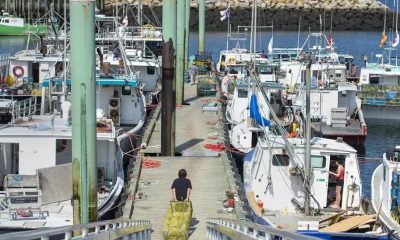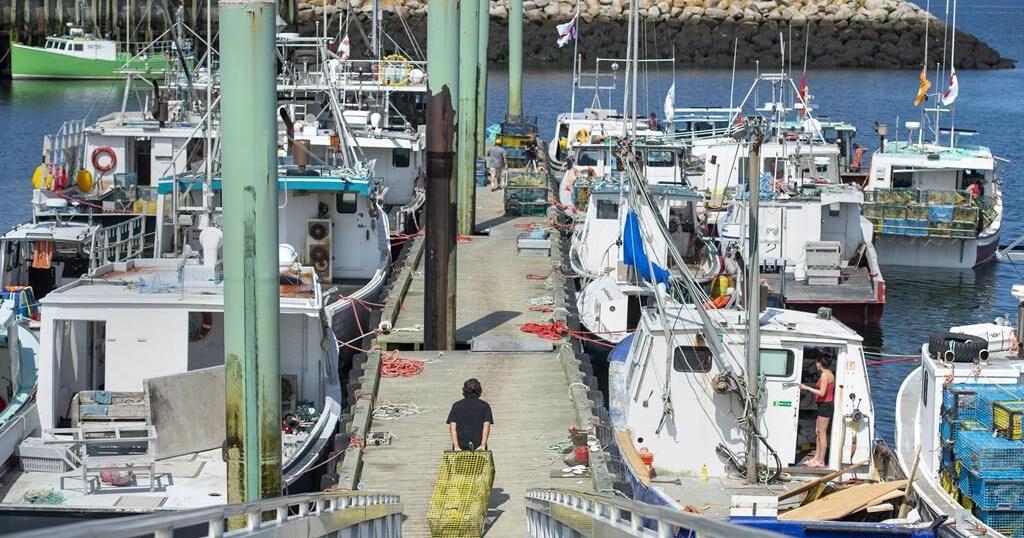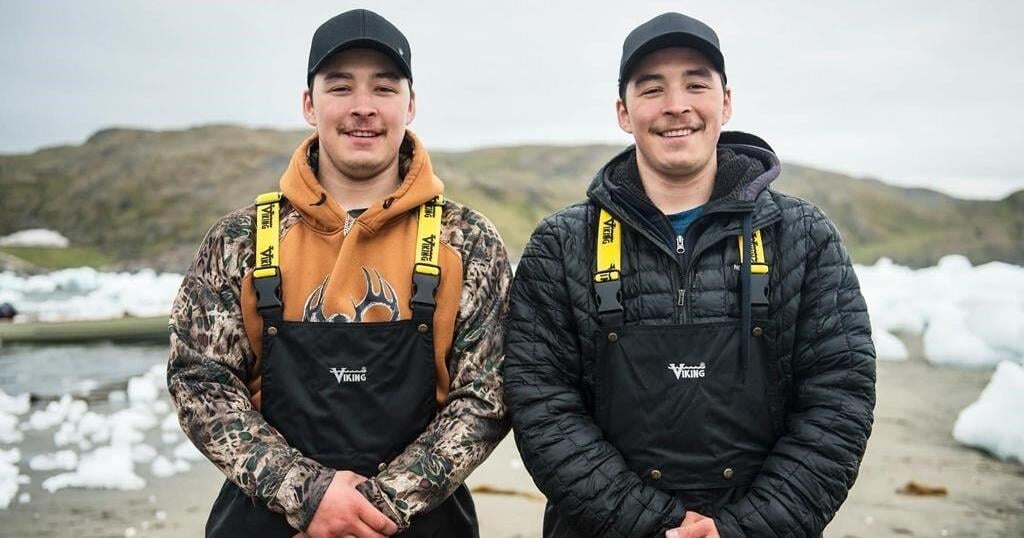HALIFAX – A commercial lobster fishing group in Nova Scotia has gone to court seeking $10 million in damages against companies it alleges are buying illegally caught lobster.
The Unified Fisheries Conservation Alliance filed notice in the Supreme Court of Nova Scotia on Tuesday against Independent Fisheries Limited of Little Harbour, N.S., and its president Xiaoming Mao.
The alliance is also suing the owners and operators of Fisher Direct Ltd. and Seawell Holdings Ltd., both based in Shag Harbour, N.S.
The allegations have not been proven in court, and the defendants either declined to comment or were not immediately available to respond on Wednesday.
Commercial fishers allege the defendants are engaged in a conspiracy to violate the federal Fisheries Act and have diminished the lobster stock in St. Mary’s Bay, in southwestern Nova Scotia.
The statement of claim says the defendants receive the lobster at Saulnierville wharf and it is transported “by various means” to the fish plant owned by Independent Fisheries in Sable River, located on the other side of the province.
The alliance alleges in the court document that its investigation yielded “evidence linking each of the defendants to a conspiracy or conspiracies to transport, deliver, process and sell illegal lobster in Nova Scotia.” It says the alliance members’ livelihoods have been harmed by the defendants’ actions.
Michel Samson, a lawyer representing the alliance, said in an interview Wednesday the lawsuit is the result of “years of frustration” at what he said is inaction from the federal and provincial governments to address unauthorized lobster sales.
“We’re hoping that it’s going to have a chilling effect and send a warning to everyone else that they’re being watched,” he said.
The federal Fisheries Department has previously said in news releases that it is carrying out enforcement actions in southwest Nova Scotia.
For example, on Sept. 9 it issued a release saying, “fisheries enforcement activity in the Maritimes region is active — to suggest otherwise is false,” and said the department’s actions ranged from educating fishers about regulations to seizing unauthorized catch, equipment and vessels.
In an email sent Sept. 27, the department said its officers had seized over 800 lobster traps and three vessels in summer operations, and in 2023 it laid 86 charges for unauthorized lobster fishing.
In the lawsuit, the alliance says that illegal lobster fishing in southwest Nova Scotia has “threatened and will continue to threaten the stock of lobster available to fishers.”
According to statistics provided by the federal Fisheries Department, the amount of lobster caught in the southwestern region has fluctuated since 2019.
In 2018-19, about 20.5 million kilograms of lobster was landed in the zone known as lobster fishing area 34. That figure had risen to 21.3 million kilograms in 2020-21, but by 2022-23 it had dropped to about 16.7 million kilograms.
This report by The Canadian Press was first published Nov. 6, 2024.


































